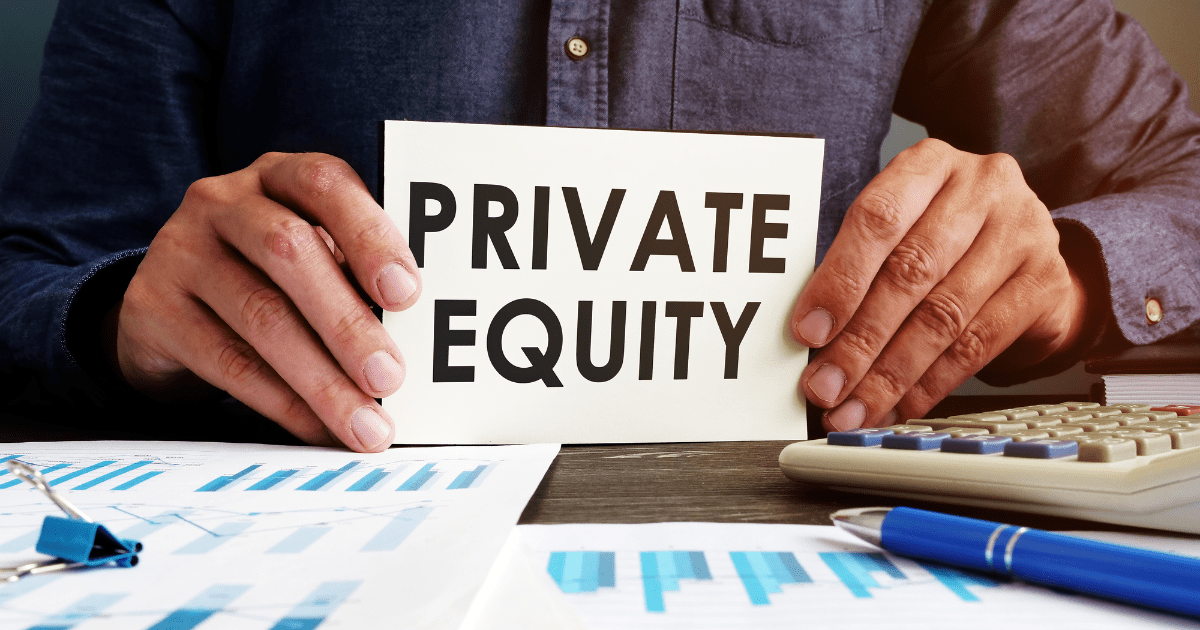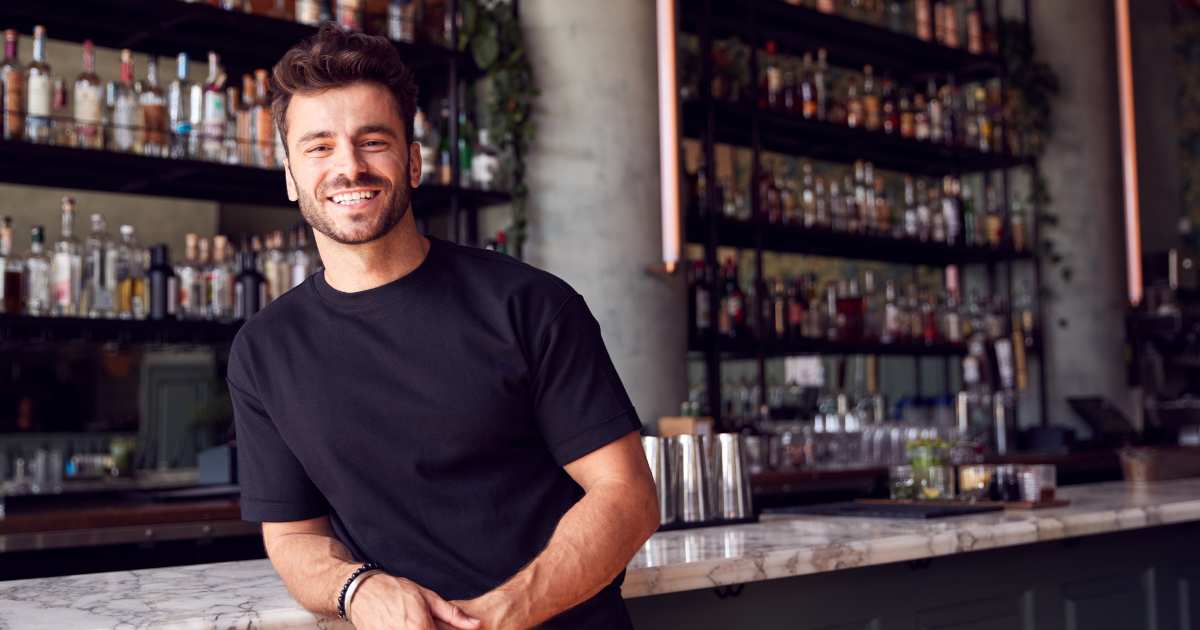When you ask Kleoss Capital CEO, Hale Matsipa, if being one of the few black controlled equity firms in South Africa impacts how they do business, the answer is an emphatic no.
“We’re commercial businessmen, we’re extremely sensitive to transformation, and so we wear those hats. In fact, you can argue that transformation is part of being commercial. So no, it doesn’t change our thinking.”
Halekopane (Hale) Matsipa (42) together with Andile Keta (38) and private equity practitioner, Zain Laher (39) founded Kleoss Capital, a R1.2 billion growth equity fund, in 2014.
“We came together out of the burning desire to leave our jobs and start something new for ourselves and also to utilise our expertise we had acquired in our banking worlds which was deal sourcing, deal structuring, advising clients and on acquiring and disposing of businesses. So I think we came to the realisation that if we can get together a pool of money, we could do this on our own,” says Matsipa.
The ambition, Matsipa says, is for Kleoss Capital to be a multi-class investment manager in the alternative space.
“We identify companies, we value companies, we define and decide how much capital they need, what that capital is for, how they are going to grow the business with the capital we give them, whether they are empowered or not, their transformation story and then we invest in that business; we hopefully grow it, transform it and sell it at a higher price.”
Explaining how they decide on which companies to invest in, Matsipa says the first thing they look at is whether they can get a good return.
“We’ve got to make a decision whether to invest it here or do we invest it elsewhere for a higher return. So if the returns make sense, we then look at it closely.”
The second consideration, he says, is how much can they invest, and the third is the management team – how good are they; how well can they grow the business; and how well can they transform it over time.
The private equity firm targets companies with high growth potential that require both capital and strategic value-add to grow their businesses.
He explains, “What we are currently doing with this money is we are investing in mid-sized SME businesses and we’re buying share holdings in them. And we’ll continue to do that. But I think over time we will invest in other things.”
“We do two simple things here – we raise money and we invest it. So why not raise money and invest in affordable housing and make sure your investors get a good return. Why not raise money and invest in renewable energy? Why not raise money and invest in debt instruments?”
Kleoss Capital recently invested in packaging firm, TrenStar. Kleoss Capital and investment partner, Leaf Capital
hold a combined 74% shareholding in TrenStar with Kleoss Capital holding a majority stake of the 74%.
Private equity in South Africa
The South African private equity industry, including both government and private funds, had, as at 31 December 2014, R171.1 billion in funds under management, according to the KPMG SAVCA Private Equity Industry Survey 2015 which covered the 2014 calendar year.
While the Captives-Government (captive funds are those funds making investments mainly on behalf of a parent or group, typically an insurance company, bank or institutional asset manager,) and fund managers that are themselves black-owned, black-empowered or black-influenced (that is, have at least 5.0% black ownership) have R144.2 billion (84.3%) of funds under management at 31 December 2014, an increase of 1.9% (2013: R141.5 billion). Black-owned companies alone, however, hold only R9,7 billion of the funds.
While they are in the minority, Matsipa says being a black-controlled private equity firm hasn’t made doing business in the South African equity space anymore difficult.
In fact, they have been to attract companies looking for not only capital but empowerment credentials as well, particularly from those who understand that transformation is a business imperative in the country.
White business in general, understands the need for transformation, Matsipa says. “Whether it accepts it or not is a different thing. But it understands that it’s a business sustainability issue.”
Running a tight ship
Matsipa and his co-founders started Kleoss while still working full-time jobs. Raising the necessary capital was then their biggest focus.
“I was pretty clear in my mind that I wasn’t going to leave [my job] without having the money to start the business. You jump now – you’ve got to raise the money – you’re going to struggle.”
Matsipa recalls that they also struggled initially because people needed to trust that they could invest their money well and give them a profit at the end.
“So they started working with us [while we were still employed full-time] in terms of giving us assignments to see that we can invest and make a profit out of their money,” he says.
He says they credit financial discipline for where they are now.
“We run a very tight ship, I would like to think, of cost control. And I think it’s because most of us are accountants, if not all of us. So people don’t spend lavishly, they understand what a rand is. Most entrepreneurs don’t fully grasp the financial maths of their business plans. But here you’d better understand the maths of your business plan. So we run a very lean machine. We’re very cost conscious here. We don’t spend lavishly, we don’t go overboard, so we get value for money,” he says.






